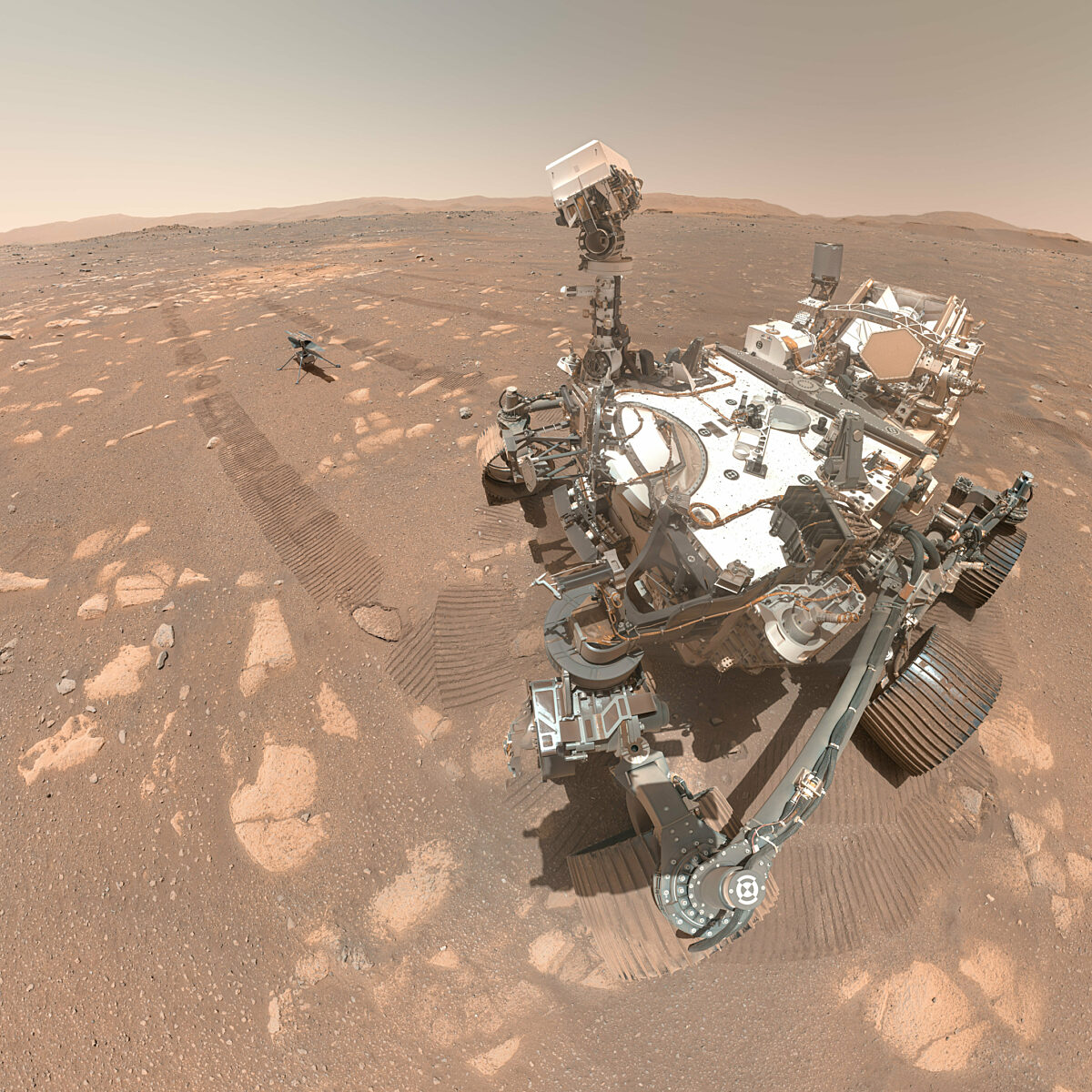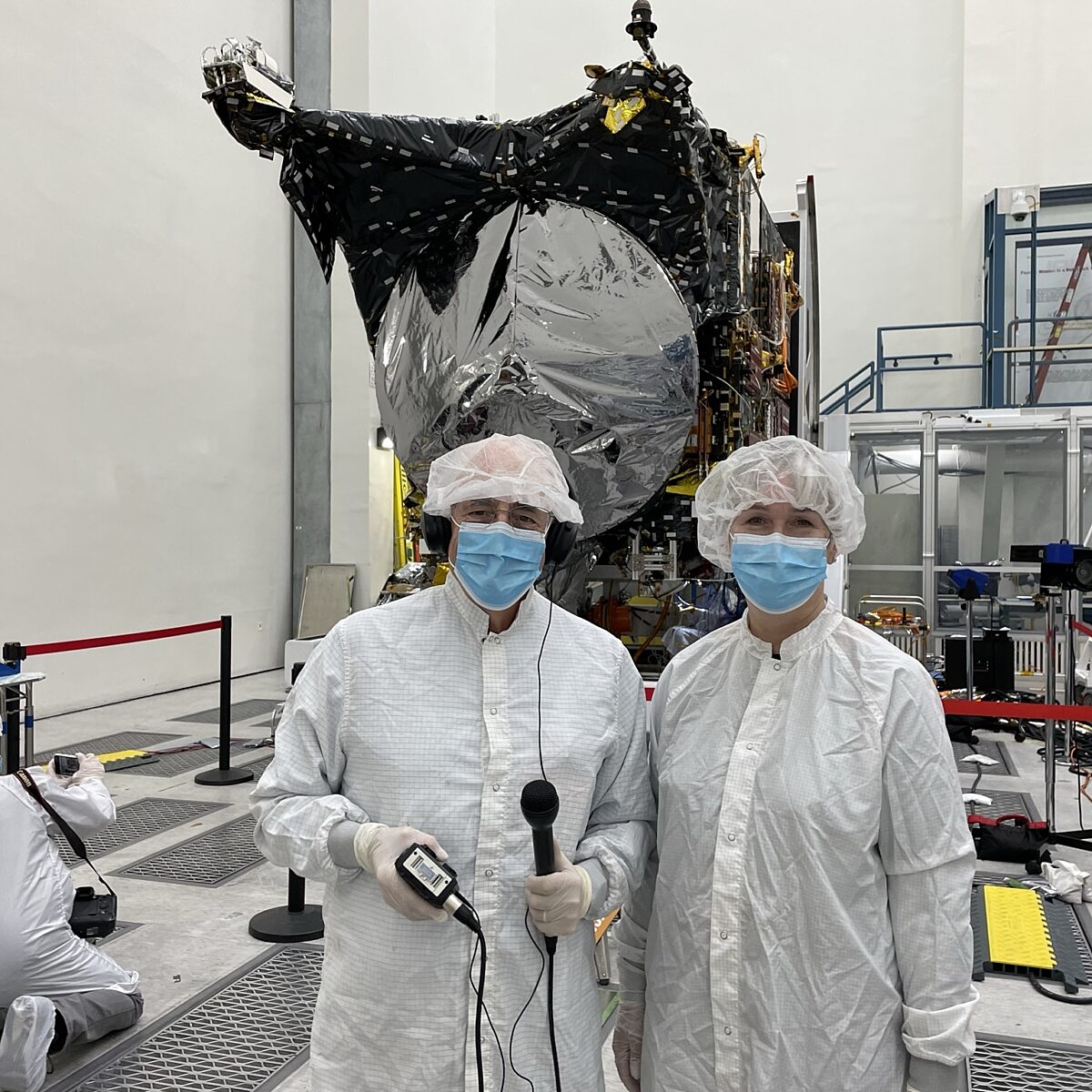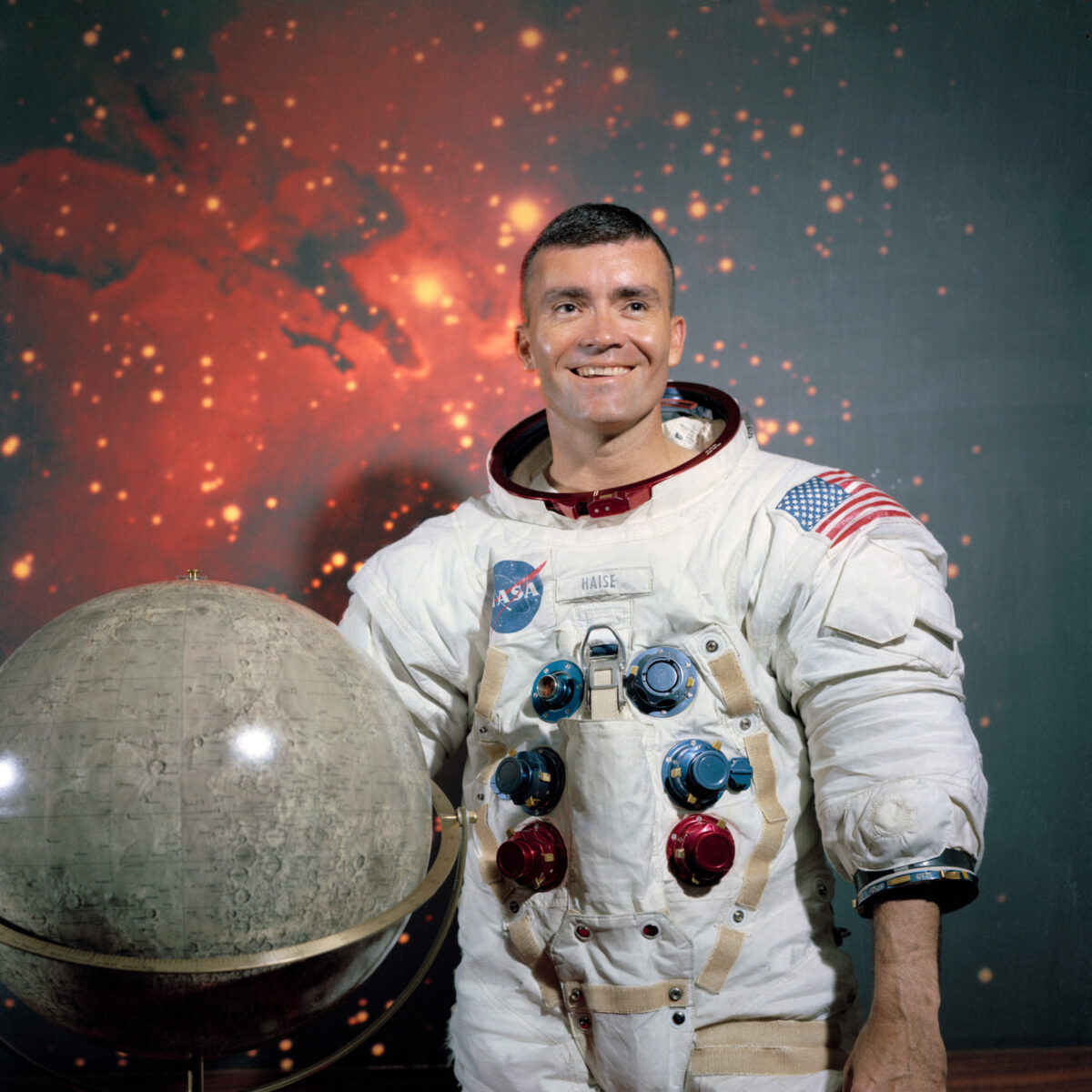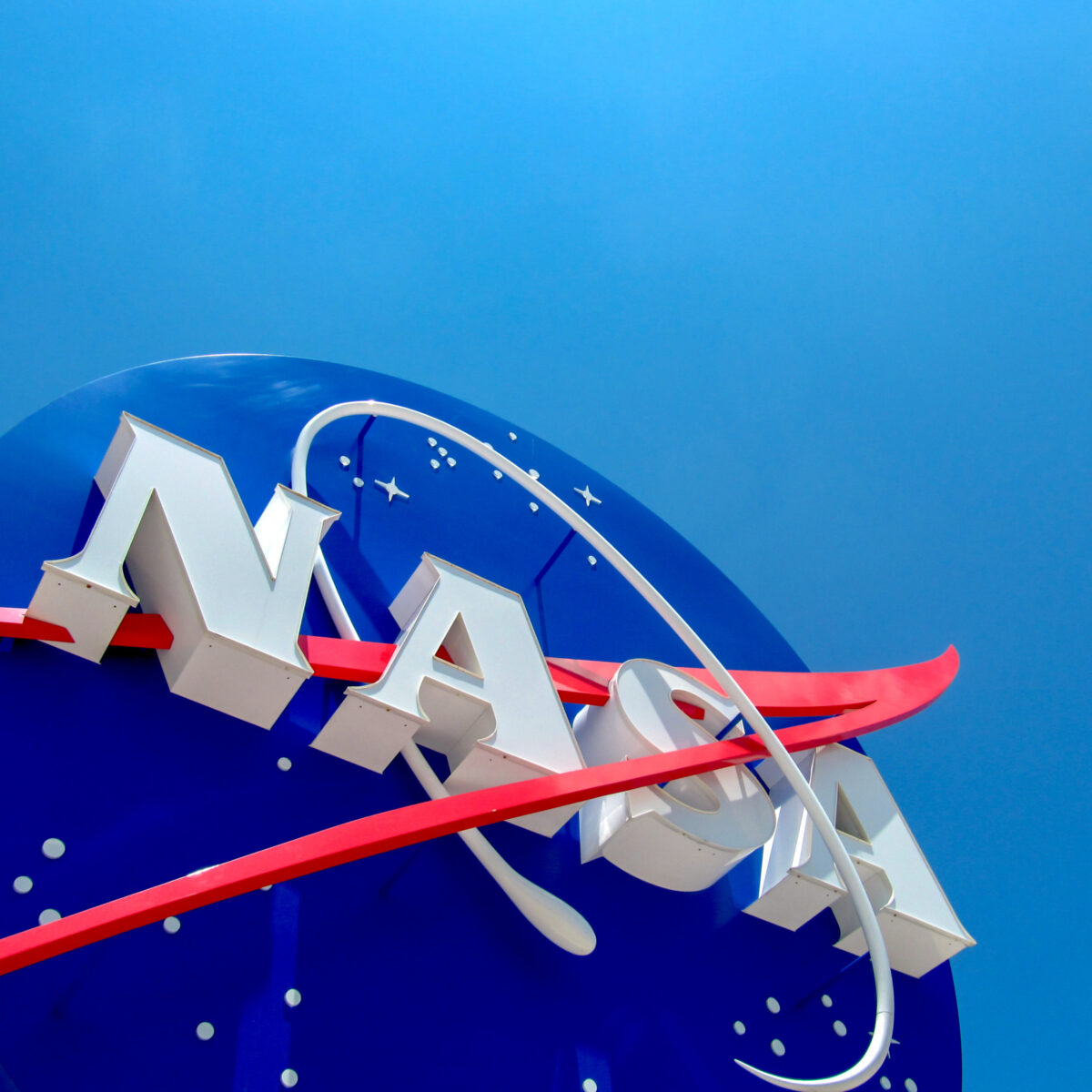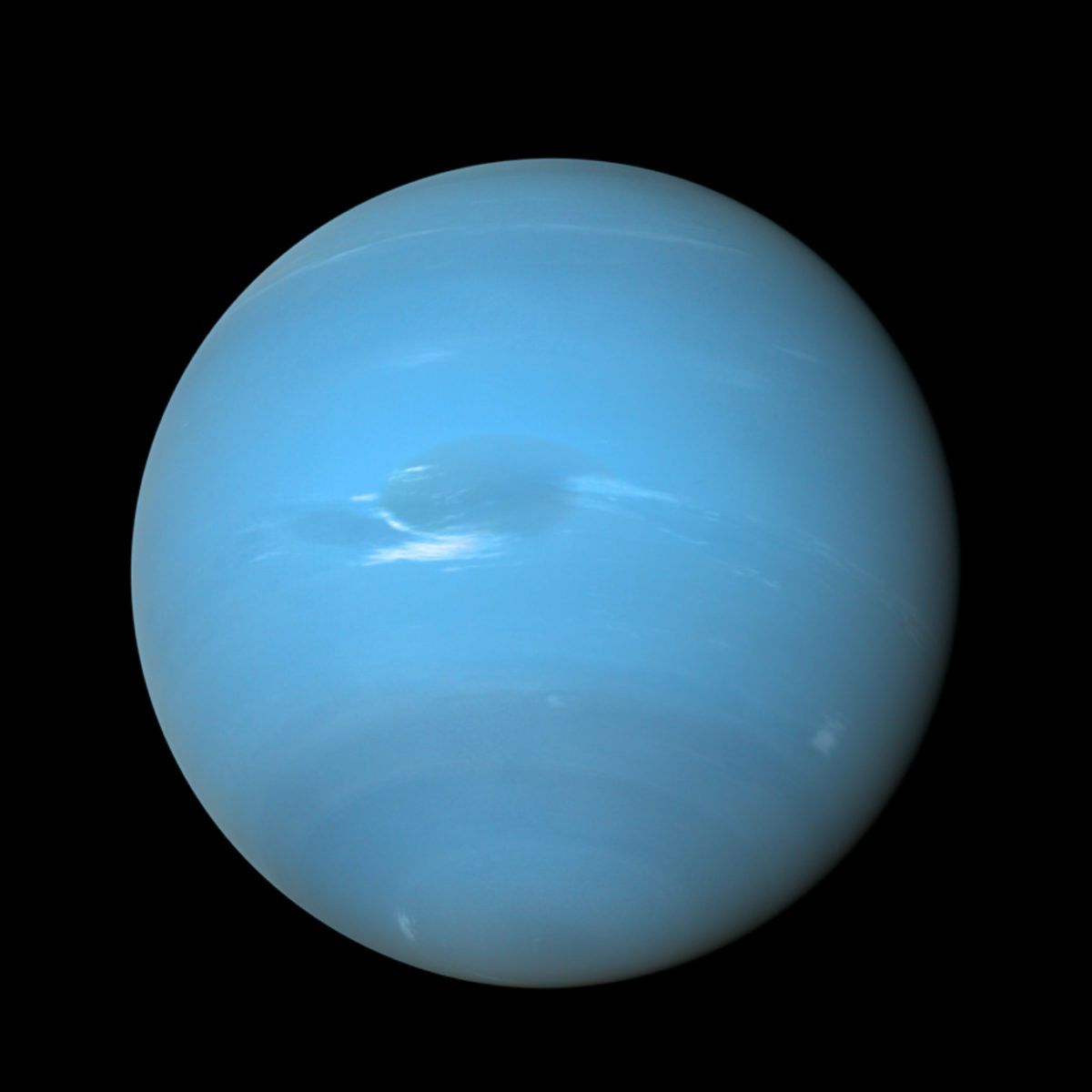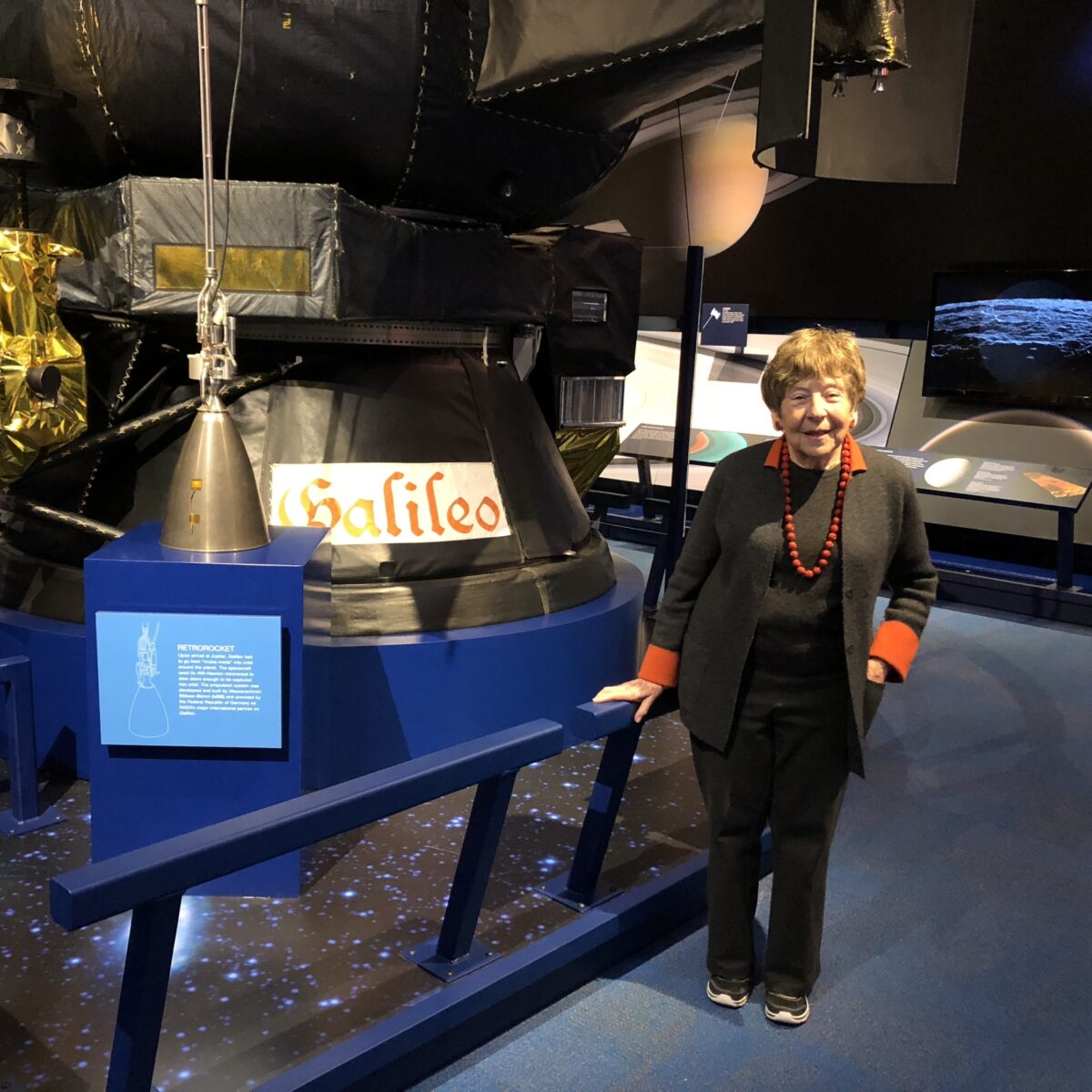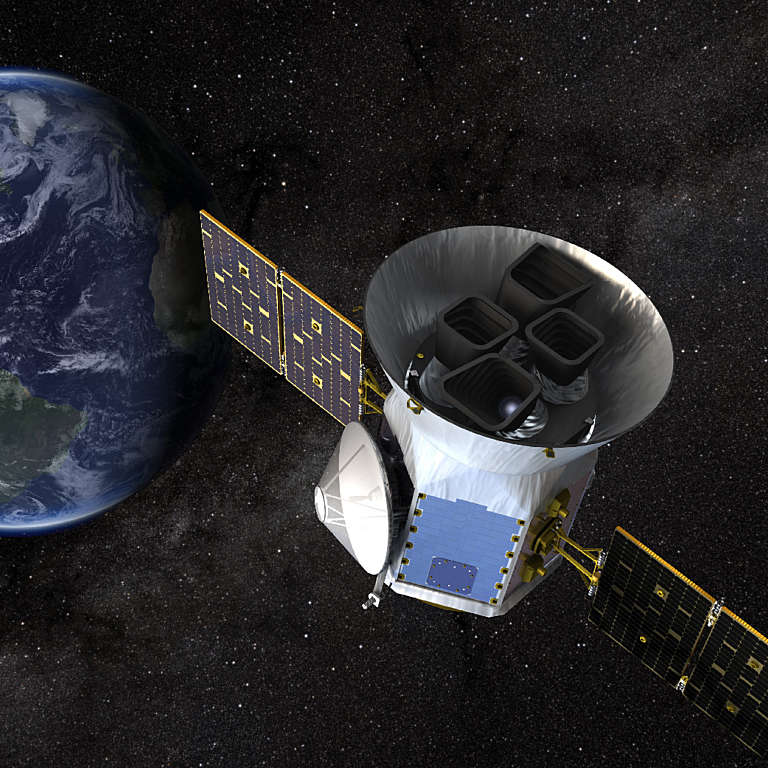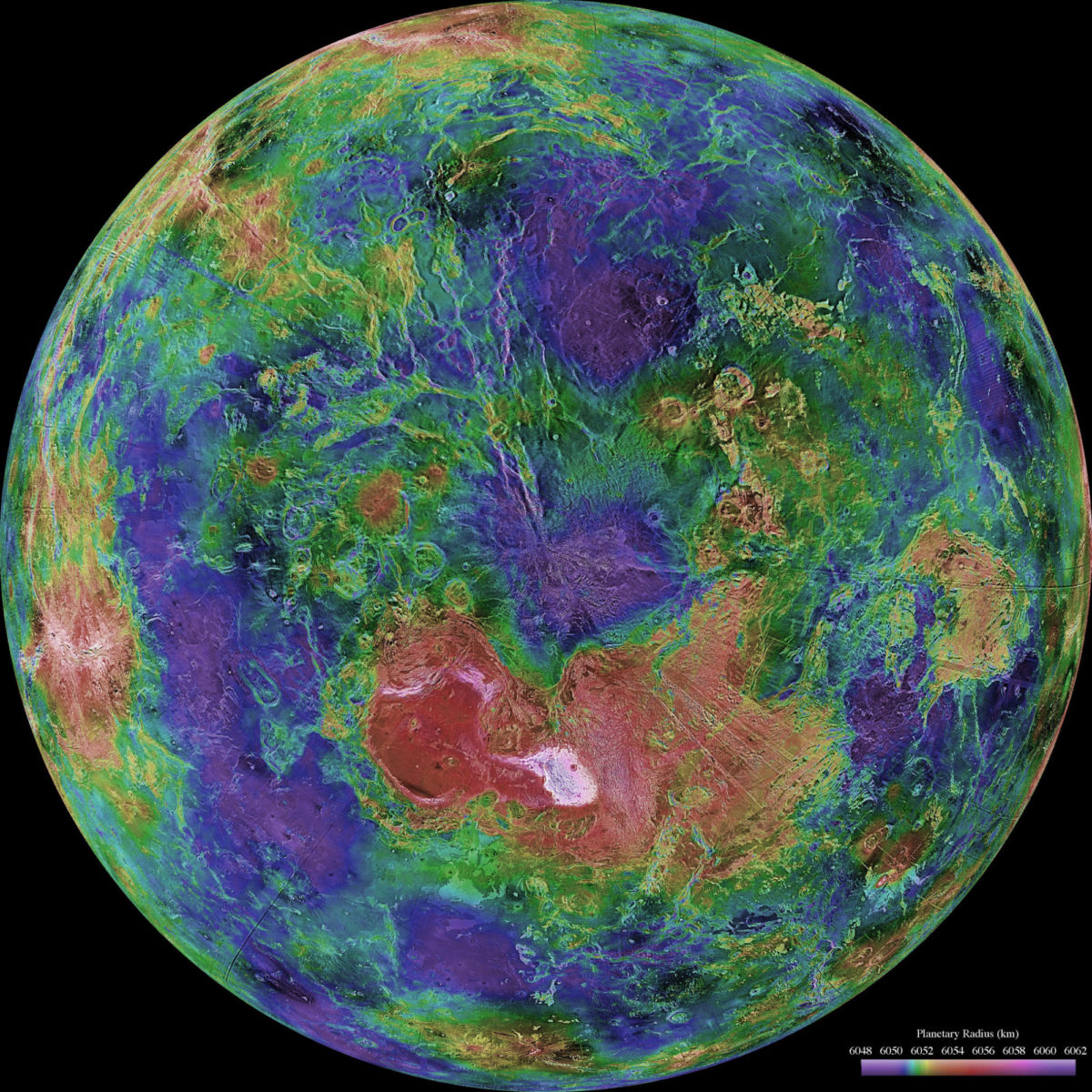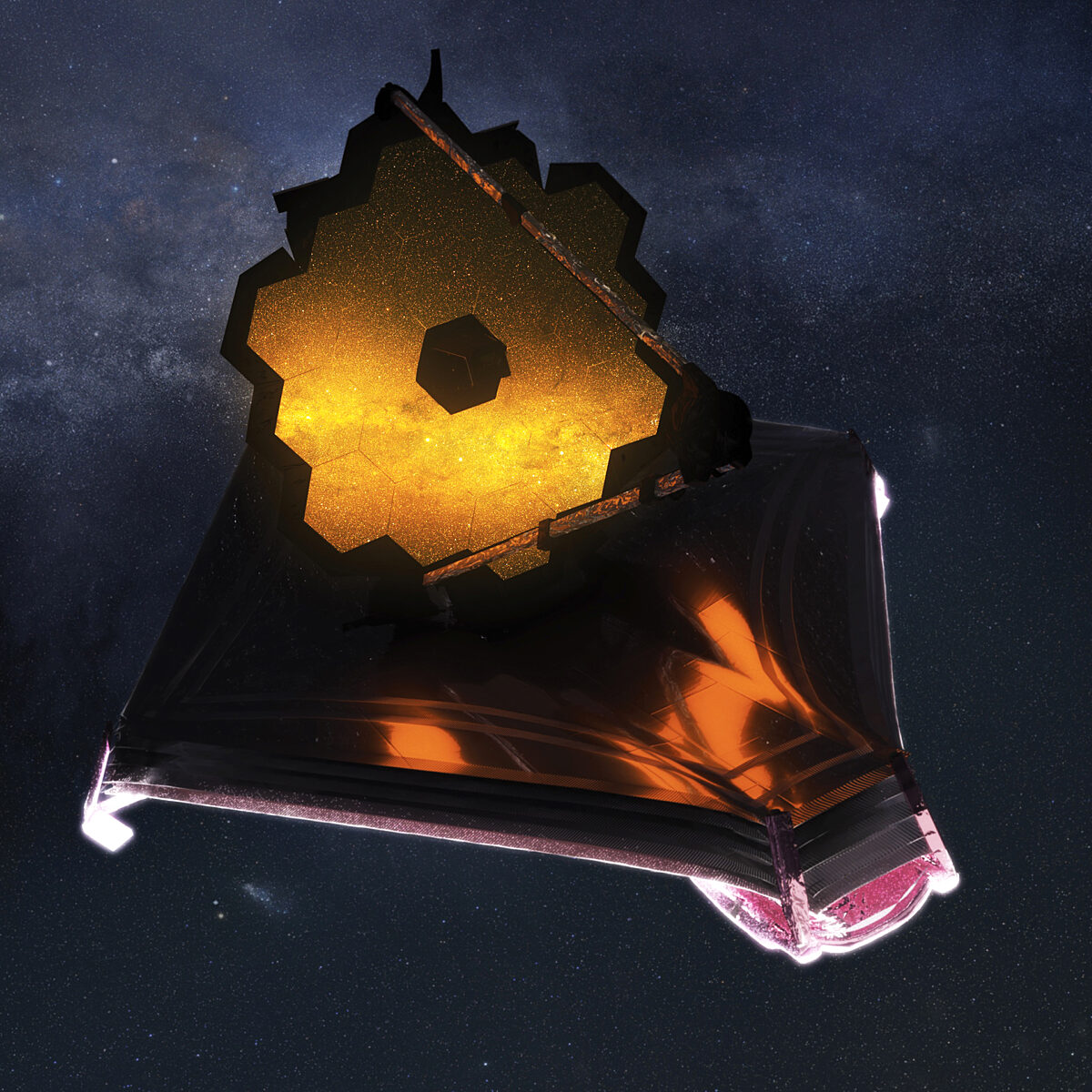Since 2002, Planetary Radio has visited with a scientist, engineer, project manager, advocate, or writer who provides a unique perspective on the quest for knowledge about our Solar System and beyond. The full show archive is available for free.
Search Planetary Radio
The Mars 2020 rover has rolled into an ancient river delta on the Red Planet. Will we find evidence of past life there?
International space policy and sustainability expert Mariel Borowitz explores with Casey Dreier how the war in Ukraine reaches beyond Earth in ways that are chilling and surprising.
Suit up for an up-close encounter with the Psyche spacecraft that will soon launch toward the asteroid belt.
Britain’s Astronomer Royal Martin Rees and science writer Don Goldsmith question the value of putting astronauts in harm’s way at great expense in their new book.
Thousands celebrated the 61st anniversary of the first human voyage into space. We’ll take you to the Los Angeles party under the Space Shuttle Endeavour.
Fred Haise takes us on board the mission that almost didn’t make it home from the Moon and shares many other stories.
A healthy $26 billion has been proposed for NASA next year, but there are at least a couple of troubling factors we’ll discuss as Congress begins its review.
Leaders of the Neptune Odyssey study for the next planetary science and astrobiology decadal survey share their team’s exciting approach for an ice giant-orbiting spacecraft.
X-ray astronomy is vital to solving some of the universe’s biggest mysteries. Martin Weisskopf’s brand new space telescope has joined the effort.
A fascinating conversation with a space science and policy leader who is still hard at work in her 10th decade.
The Planetary Society’s new Science and Technology Empowered by the Public (STEP) grant program will let citizens join the search for ET and enable astronomers to discover the nature of hundreds of near-Earth asteroids.
Water may have flowed on Mars for a billion more years than was previously thought, giving possible life an extra billion years to thrive.
Casey talks with experts about the 50th anniversary of the Pioneer 10 launch toward Jupiter and beyond, and why most outer planets missions since then have been so costly.
MIT’s Michelle Kunimoto heads the TESS Faint Star Search that has revealed over 1,600 of the more than 5,000 TESS-discovered exoplanet candidates in our galaxy.
Astrobiologist and author David Grinspoon shares his thoughts about the search for life, where we might find it and how science works.
Meet three of the just-announced recipients of Planetary Society Gene Shoemaker NEO grants. They search the skies for asteroids and comets that could threaten our planet.
Johanna Vos watches the weather on brown dwarf worlds while her colleague, Sam Grunblatt, finds giant planets spiraling toward their doom.
Science historian Robert Smith describes how NASA's new flagship space observatory came to be.
JWST senior project scientist John Mather has been looking forward to the new space telescope’s first light for more than 30 years. He joins us with a fascinating preview.
New research shows that the giant plumes of Saturn’s moon Enceladus may not be coming from the warm ocean deep below the icy surface.


 Explore Worlds
Explore Worlds Find Life
Find Life Defend Earth
Defend Earth


